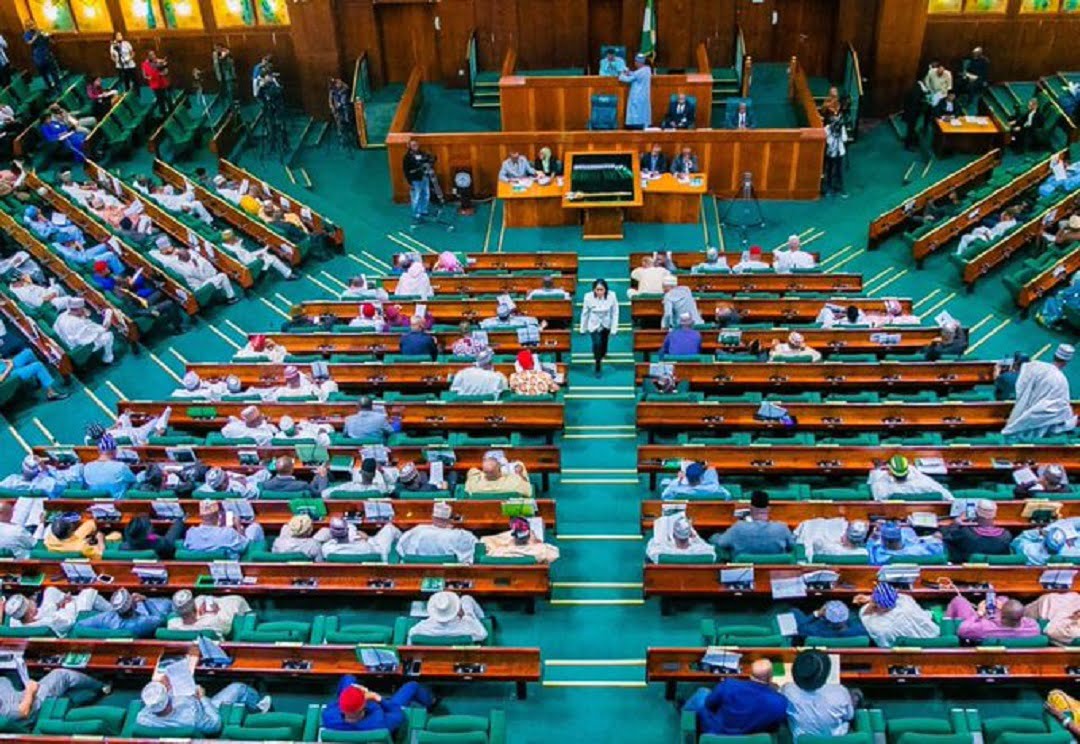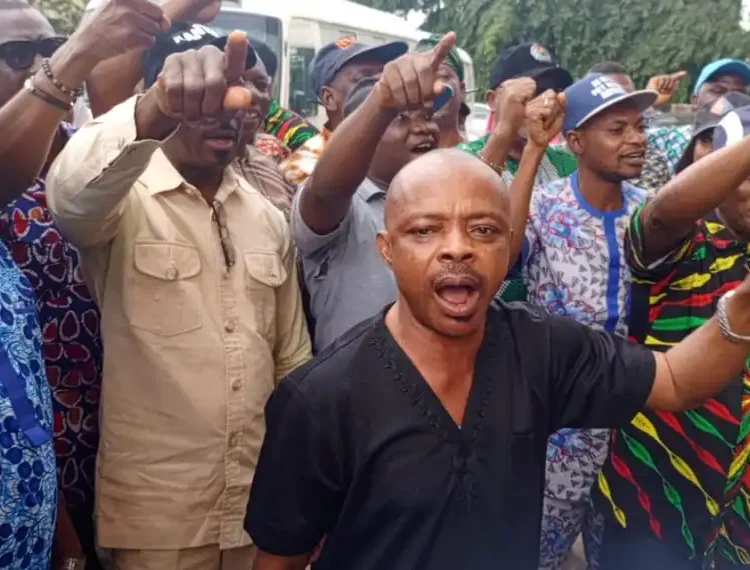On February 6, 2025, the House of Representatives Committee on Constitution Review announced it had received proposals advocating for the creation of 31 additional states in Nigeria. If approved, this initiative would expand the nation’s sub-national governments from 36 to 67, including the Federal Capital Territory.
The Deputy Speaker, Benjamin Kalu, who presided over Thursday’s plenary session, read the committee’s letter detailing the proposed states. The suggested states span various regions:
North-Central:
Benue Ala State (from Benue)
Okun State (from Kogi)
Okura State (from Kogi)
Confluence State (from Kogi)
Apa-Agba State (from Benue South Senatorial District)
Apa State (from Benue)
Federal Capital Territory, Abuja
North-East:
Amana State (from Adamawa)
Katagum State (from Bauchi)
Savannah State (from Borno)
Muri State (from Taraba)
North-West:
New Kaduna State and Gurara State (from Kaduna)
Tiga State (from Kano)
Kainji State (from Kebbi)
Ghari State (from Kano)
South-East:
Etiti State (as the sixth state in the South East geopolitical zone)
Adada State (from Enugu)
Urashi State (as the sixth state in the South East geopolitical zone)
Orlu State (from the South Eastern Region)
Aba State (from the South Eastern Region)
South-South:
Ogoja State (from Cross River)
Warri State (from Delta)
Bori State (from Rivers)
Obolo State (from Rivers and Akwa Ibom)
South-West:
Toru-Ebe State (from Delta, Edo, and Ondo)
Ibadan State (from Oyo)
Lagoon State (from Lagos)
Ijebu State (from Ogun)
Lagoon State (from Lagos and Ogun)
Ife-Ijesha State (from Oyo)
Oke-Ogun State (from Ogun, Oyo, and Osun)
This development has ignited a nationwide debate. While some view the potential state creations as a means to address regional disparities and promote inclusivity, others express concerns about the economic viability and administrative challenges of such an expansion. Critics argue that increasing the number of states could lead to heightened bureaucracy and strain national resources.
It’s essential to note that the House of Representatives has clarified its role in this process. The committee received 31 proposals for state creation but has not officially endorsed or proposed the creation of these states. The proposals are currently under review, and any decision will involve extensive deliberation and consultation with stakeholders across the country.
The discourse surrounding state creation is not new in Nigeria. Historically, the nation has undergone several state reconfigurations to address ethnic, cultural, and administrative considerations. The last major state creation exercise occurred in 1996 under the military regime of General Sani Abacha, which resulted in the current 36-state structure.
As the nation awaits further developments, the proposed state creations will undoubtedly remain a focal point of discussions on Nigeria’s political and administrative future.






